If most robots still need remote human operators to be safe and effective, why should we welcome them into our homes?


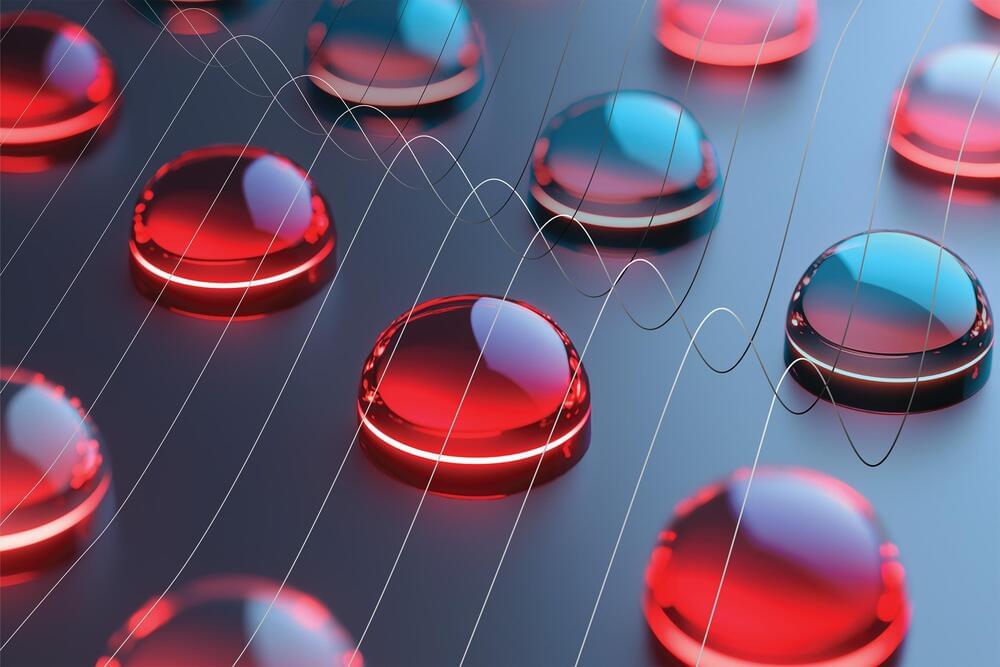
Monitoring electrical signals in biological systems helps scientists understand how cells communicate, which can aid in the diagnosis and treatment of conditions like arrhythmia and Alzheimer’s.
But devices that record electrical signals in cell cultures and other liquid environments often use wires to connect each electrode on the device to its respective amplifier. Because only so many wires can be connected to the device, this restricts the number of recording sites, limiting the information that can be collected from cells.
MIT researchers have now developed a biosensing technique that eliminates the need for wires. Instead, tiny, wireless antennas use light to detect minute electrical signals.

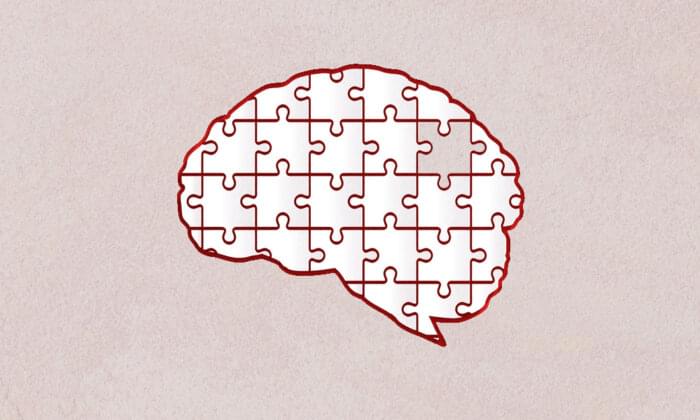
A glowing galaxy not far from the Milky Way has been harboring a strange, puzzling secret at its core.
In the center of NGC 5,084, some 80 million light-years away, the supermassive black hole around which the whole galaxy revolves has been discovered tipped over on its side, with its rotational axis parallel to the galactic plane.
It’s a bit like the Uranus of black holes, and astronomers are uncertain how it could have gotten that way – especially since the evidence suggests that it wasn’t always oriented as it is in our current observations.

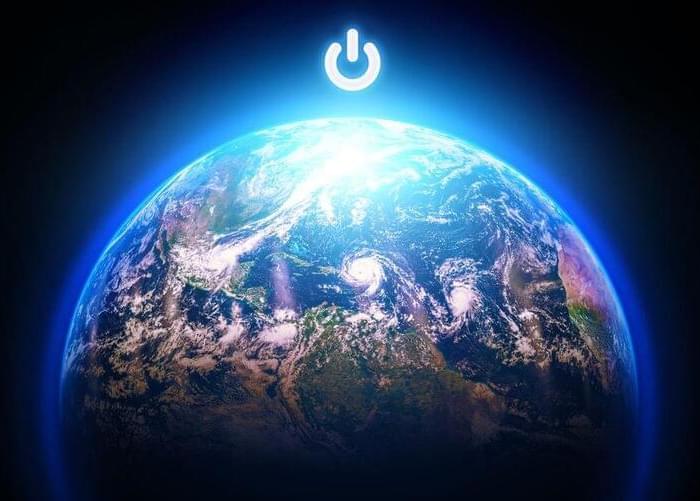
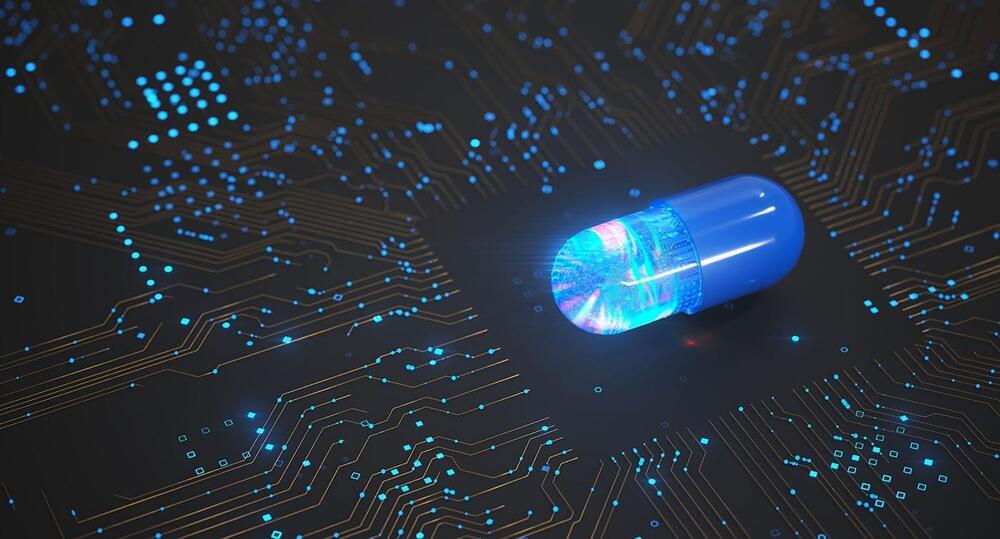
Leveraging the success of this new program, just about two years from its launch DeepMind’s AI spinout Isomorphic announced two drug discovery deals, worth $3 billion each, with Eli Lilly and Novartis.
Earlier this year, microprocessor giant NVIDIA also dove head first into AI for drug discovery, making big investments and deals with leaders like Recursion Pharmaceuticals and Genentech.
AI in drug discovery seems to be having a moment.

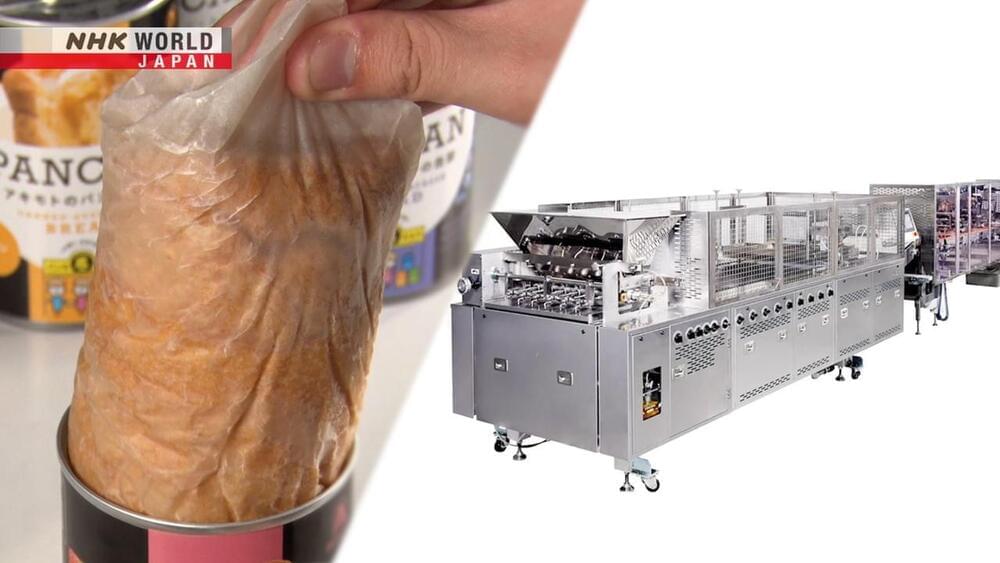
The fascinating stories and secrets behind hit Japanese products, plus parts and machines that boast the top share of niche markets. In the first half: the story behind canned bread developed by a Japanese bakery in 1996 which doesn’t go stale easily and has a long shelf-life. In the second half: a machine that makes dorayaki, a Japanese sweet with red bean paste sandwiched by pancakes. We introduce this unique machine that’s also being used to make other sandwich pancakes around the world.